In memoriam: To all the restaurants we’ve loved before pandemic
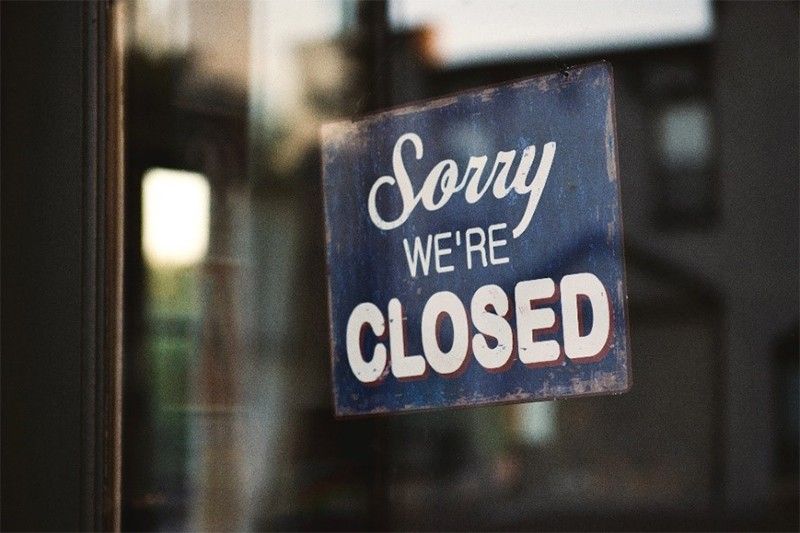
MANILA, Philippines — Before the COVID-19 pandemic, the dining scene in Poblacion, Makati City, touted as one of the hippest neighborhoods in Metro Manila, was vibrant. It was packed with visitors who wanted to enjoy good food, music and company, especially on evenings and weekends.
No wonder, establishments in this part of the business district known as the “hub of dining and culture,” experienced challenges that were “mostly good problems for a business to have.”
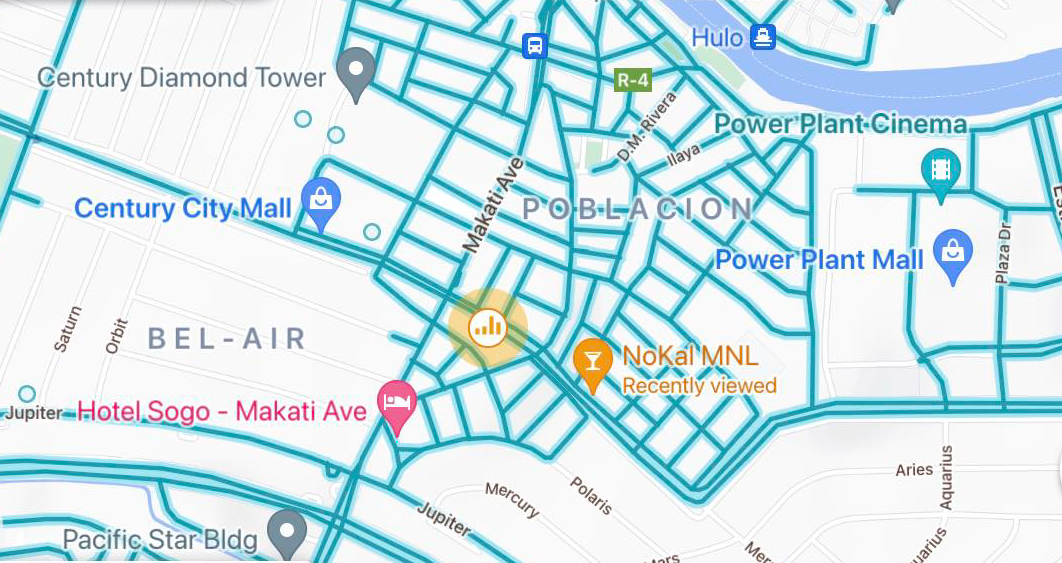
NoKal, a bar and restaurant established in 2017, is one of them.
“We were quite a popular nightspot, and so crowd control was an issue. We also had some issues with theft or security which we handled constantly,” Marco Viray, managing partner of NoKal said in an interview with Philstar.com.
However, in March 2020, it faced new challenges after the national government placed the country under the enhanced community quarantine, the strictest lockdown phase, due to the threats of coronavirus.
The Inter-Agency Task Force for the Management of Emerging Infectious Diseases (IATF-EID) then said that only private establishments providing basic activities related to food and medicine production, including food preparation and delivery services shall be open.
Food establishments were allowed to operate but the IATF-EID’s memorandum dated March 16 last year said “managements shall ensure strict skeletal workforce to support operations as well as social distancing measures.”
It started with a lockdown
This time, NoKal no longer dealt with crowd control or any of the pre-pandemic business woes its management was accustomed to. Instead, it struggled with zero-foot traffic. There was an alcohol ban and curfew in place and the bar and restaurant also abruptly switched their daily operations from having 50 employees to operating on a skeletal workforce basis.
All the changes brought by the lockdown then took a toll on the food business and its employees, but NoKal did what it can to survive.
When dining in was allowed at a limited 30% seating capacity in June last year, they opened their doors to the public. They implemented health and safety measures such as disinfection, physical distancing, cashless transactions, setting up of plastic barriers, among others.
The bar and restaurant also tried to innovate to boost its sales.
“We tried to adapt and offer food delivery. We were primarily a bar or club and hence bulk of our sales was from alcohol. As a bar we can't operate all-throughout regardless of the different phases,” Viray said.
But, on top of these limitations, he said the demand to pay full rent payments left NoKal with no choice but to leave the premise in which their lease is tied to.
“Unfortunately, our landlord was very adamant about getting paid in full for the rent. We weren't given any sort of concessions or discounts and hence we decided to close,” the managing partner said.
Viray was hopeful that the government extended them a government reprieve but there was none.
Late July 2020, it was with a heavy heart that NoKal announced that it has decided to close its beloved establishment.
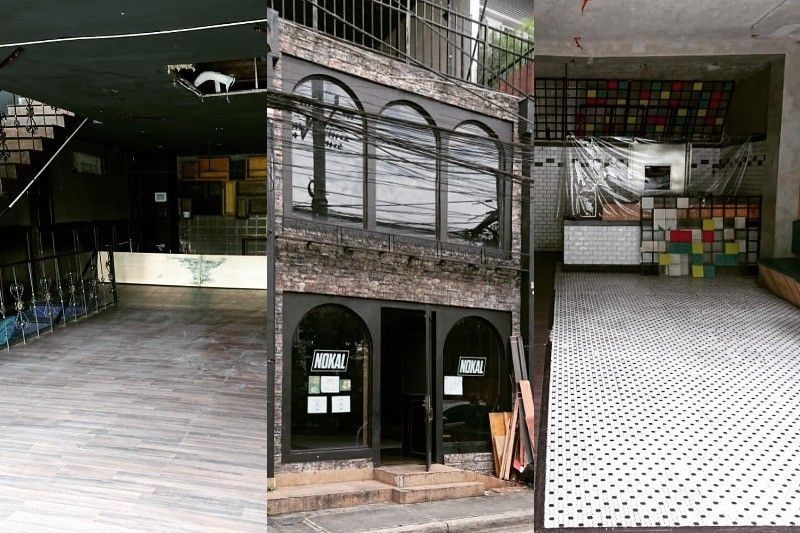
“We would like to thank everyone who's been supporting our home. Nokal is what it is because of the people that come and support it. Our success as a business in this industry is tied directly with the community that was built by our home, The LokalsOfNokal,” the announcement of the bar and restaurant’s closure read.
“In the past 3 years we've operated in Poblacion we have been welcomed with open arms. In the neighborhood, the success of one is the success of everyone. We would like to thank the business community for their continued support and wish everyone in Poblacion the very best as they get through this pandemic, Poblacion will always be our home,” it added.
Pandemic casualties
NoKal is just one of the countless food establishment casualties of the COVID-19 pandemic not just in Poblacion and the Philippines, but also globally.
In Metro Manila alone, dozens of restaurants small or big, hurt by the health crisis and the lockdown, were forced to cease operations.
Facebook timelines have been flooded by farewell messages addressed to netizens’ well-loved restaurants, almost like a virtual obituary.
Today x Future
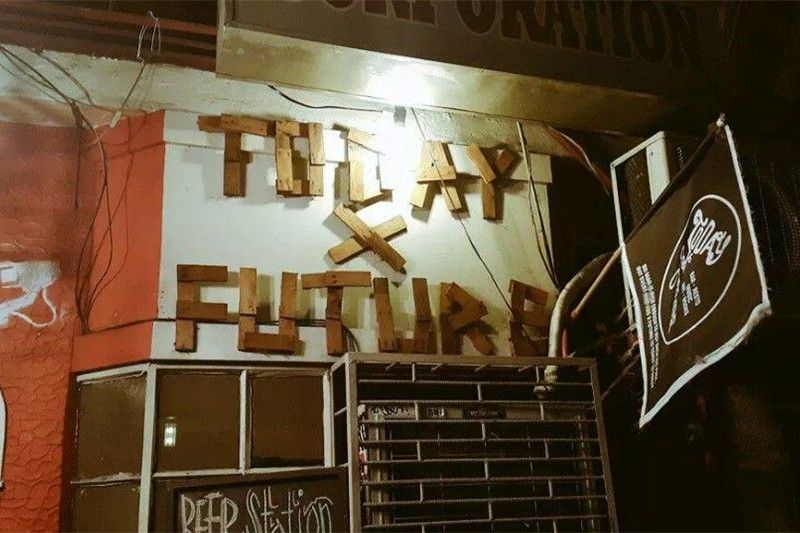
Among the establishments first to announce their closure in June last year was the hole-in-the-wall nightclub in Araneta City, Quezon City, Today x Future, deemed one of the “LGBT-friendly places in Manila.”
“Today x Future is closing. After long days and nights of deliberation, wrestling options and way too much alcohol to cushion the emotion, we are left with the decision to say farewell. We would have turned 12 years old but alas, the uncertainty has made it incredibly difficult,” the resto-bar said.
Shangri-la Finest Chinese Cuisine Restaurant

The following month, not even the long-running Shangri-la Finest Chinese Cuisine Restaurant of Quezon City was spared by the wrath of the COVID-19 pandemic and also had to bow down after 37 long years of service and operations.
The iconic restaurant in Times Street, West Triangle officially closed its doors on July 31 last year.
“We consider it to be a distinct privilege to have been part of the numerous milestones and other special moments celebrated in Shangri-La with your family, friends and loved ones over these years,” it added.
Route 196
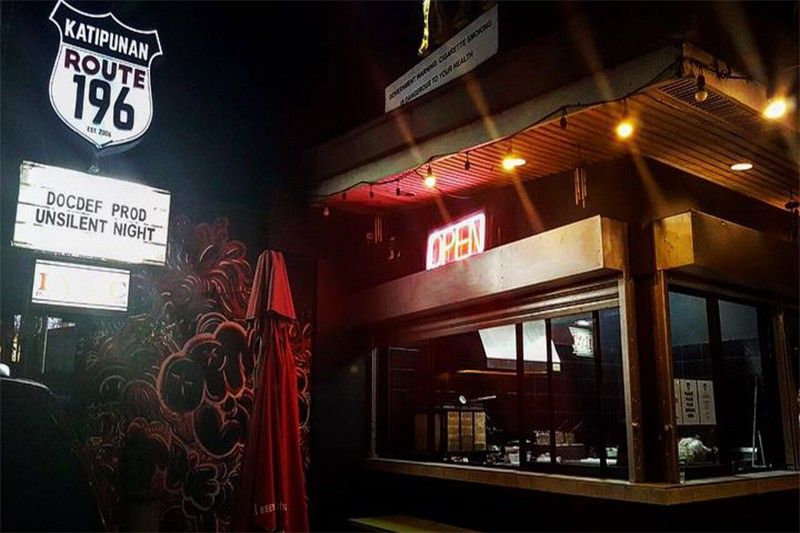
This was followed by another closure of a popular resto-bar, Route 196, in Katipunan, Quezon City in August.
Dubbed one of the landmark music venues in the metro, the 15-year-old bar is famed for letting artists play their songs live and is known for being the first audience of the biggest musicians and bands today.
“Alas, we’re at the end of the road for Route 196. We may be walking towards a different direction for now, but we wanted to make sure you had something to always remind you of our crazy ride together, the things we learned, the noise we made, the rules we broke, and the friends we picked up along the way,” the announcement on Aug. 23, 2020, read.
The series of restaurant closures did not end in 2020 with the continued changing government-imposed lockdowns in Metro Manila.
Tomato Kick
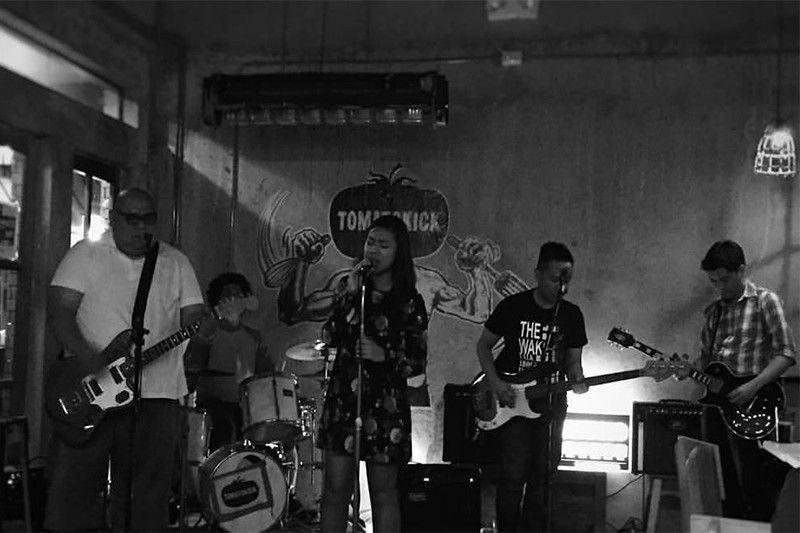
In May 2021, another restaurant bar, Tomato Kick, along Malingap St., Quezon City was mourned by its patrons after it announced that it would be taking its last orders on May 21.
Unlike the other food establishments that closed, this student-favorite resto-bar did not make any formal announcement. Word of its closure just circulated on social media platforms and the next thing we know it announced that it would be holding a benefit concert to help its employees before they finally bid goodbye.
“This is to help support the employees who are facing one of the biggest struggles of their lives due to the loss of their livelihood. Any amount will be very much appreciated,” the event invite read.
The benefit was participated by local bands and artists such as Miles Experience, Ang Bandang Shirley, Urbandub, Moonstar88, among many others.
The fundraiser from the dine-in or take-out, merch and online was successful and managed to collect P207,993.16 for the beloved employees.
The Chocolate Kiss Cafe
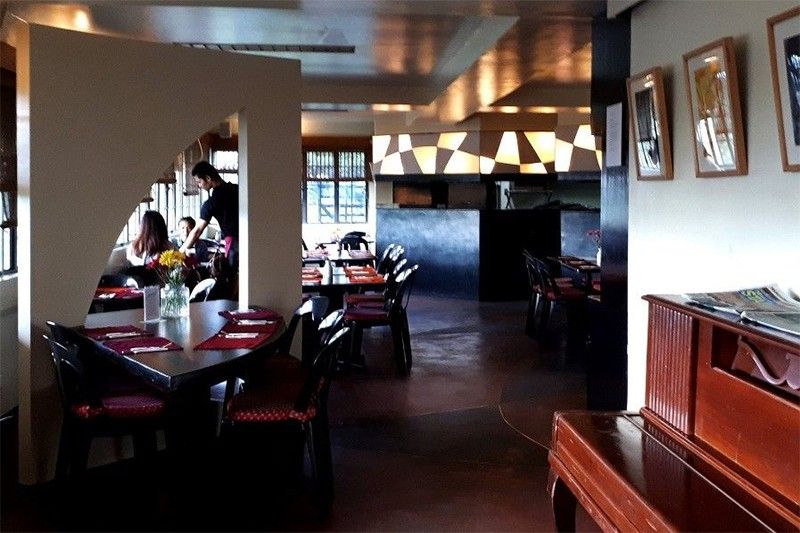
Apart from these resto-bars, the latest victim of the COVID-19 pandemic was The Chocolate Kiss, a homegrown café restaurant famous for its cakes. It closed its flagship branch at the University of the Philippines-Diliman in August last year. It continued its business through pick-up and takeout in its commissary in Fairview, Quezon City.
In June this year though, the hobby turned “side-line” and later a café, announced that it would no longer sell its cakes and permanently closed on June 22.
“The past year of navigating through the lockdowns was quite exciting, but sadly, not sustainable, which has prompted us to wind things down,” its Facebook post read.
“[On] behalf of everyone who was part of The Chocolate Kiss family, we thank you for making us part of your celebrations, and your lives. We’ve built so many good memories over the years, and we only want to leave you with happy thoughts,” the café wrote.
The damage to the F&B industry
Labor group Defend Jobs Philippines said the lockdown in March 2020 affected an estimated 80% of food establishments while the rest managed to recover.
However, there were also succeeding lockdowns declared by the national government until September this year.
In view of this, RestoPH, an association that supports Philippine restaurants and their employees to make sure that they survive the worst crisis of our lifetime, said there is no data available yet as to how many food establishments have become casualties of the pandemic.
However, its president Eric Teng told Philstar.com that the group is hopeful that there are lesser casualties this year.
Bouncing back
For Teng, the recovery of the food and beverage industry will be a long-term and constant process but with the easement of restrictions in Manila, the restaurant group is optimistic.
Teng cited the “peaks and valleys due to potential new variants and government responses to these scenarios.”
The National Capital Region is currently under Alert Level 2 of the more relaxed general community quarantine allowing half of a restaurant’s indoor seating capacity and 70% of its outdoor seating capacity.
More food establishments are opening and slowly welcoming back customers despite the lingering threats of COVID-19.

“But we are confident, we can begin thinking and planning recovery every day,” Teng said in an online interview with Philstar.com.
Despite these developments, the restaurants that closed like NoKal, are still reeling from their losses and are not keen on reopening yet.
Until then, these pandemic-stricken business owners are waiting for the health crisis to die down and for dining in at restaurants to be patronized by the majority again before they decide on reopening if the opportunity rises again.
“For now, our main priority is to get back to how things were and when that time comes then maybe we can consider [reopening],” NoKal’s Viray concluded.




















